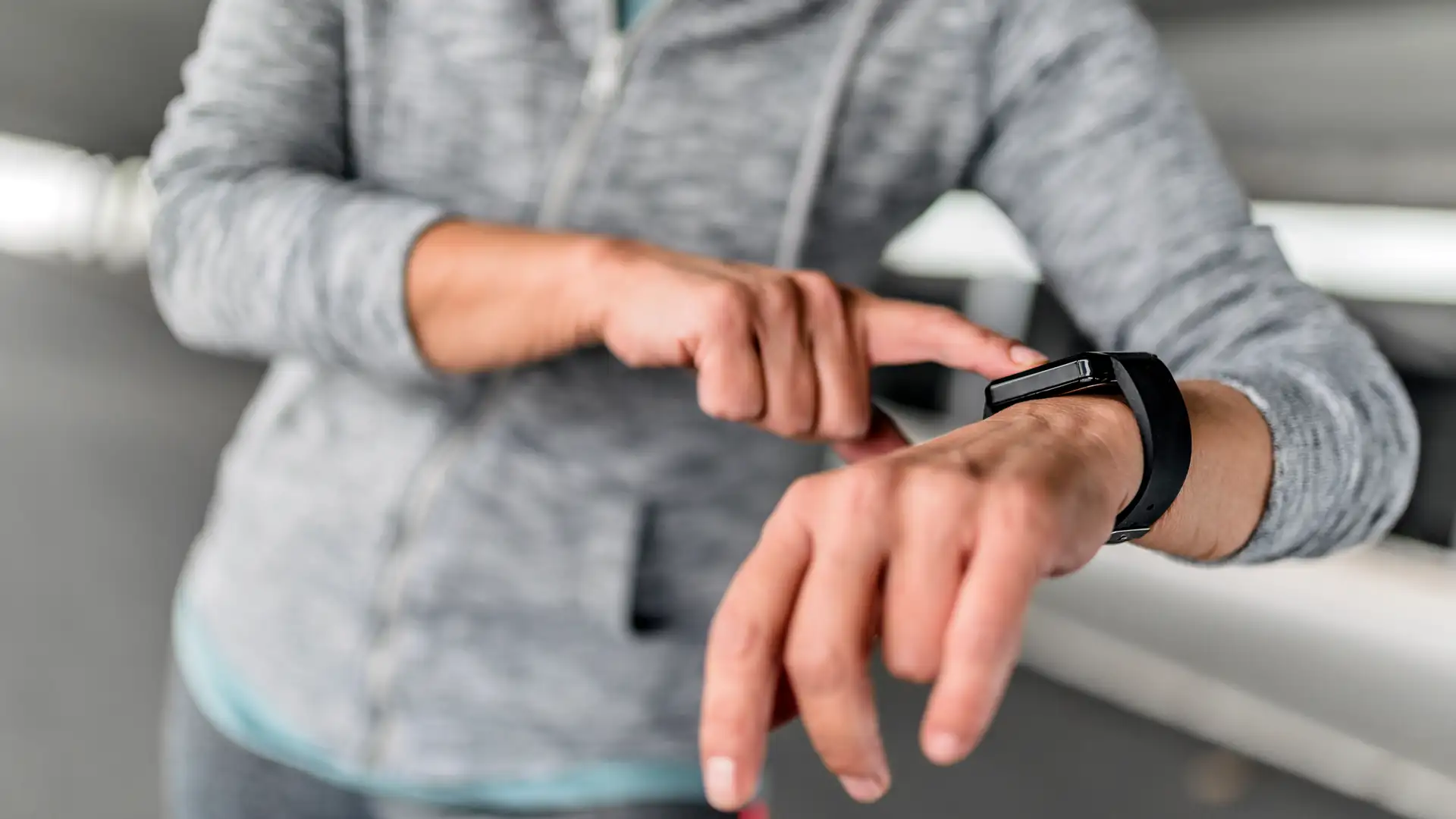Why are doctors wary of wearables?

Wearable tech – currently dominated by smartwatches - is a multi-billion dollar industry with a sharp focus on health tracking.
Many premium products claim to accurately track exercise routines, body temperature, heart rate, menstrual cycle, and sleep patterns, among other things.
Health Secretary Wes Streeting has talked about a proposal to give wearables to millions of NHS patients in England, enabling them to track symptoms such as reactions to cancer treatments, from home.
But many doctors – and tech experts – remain cautious about using health data captured by wearables.
I’m currently trying out a smart ring from the firm Ultrahuman – and it seemed to know that I was getting sick before I did.
It alerted me one weekend that my temperature was slightly elevated, and my sleep had been restless. It warned me that this could be a sign I was coming down with something.
I tutted something about the symptoms of perimenopause and ignored it - but two days later I was laid up in bed with gastric flu.
I didn’t need medical assistance, but if I had – would the data from my wearable have helped healthcare professionals with my treatment? Many wearable brands actively encourage this.
The Oura smart ring, for example, offers a service where patients can download their data and create a report to share with their doctor.
Dr Jake Deutsch, a US-based clinician who also advises Oura, says wearable data enables him to “assess overall health more precisely” – but not all doctors agree that it’s genuinely useful all of the time.
Dr Helen Salisbury is a GP at a busy practice in Oxford. Although not many patients come in brandishing their wearables, she’s noticed an increase, and it concerns her.
“I think for the number of times when it’s useful there’s probably more times that it’s not useful, and I worry that we are building a society of hypochondria and over-monitoring of our bodies,” she says.
Dr Salisbury says there can be a large number of reasons why we might temporarily get abnormal data such as an increased heart rate, whether it’s a blip in our bodies or a device malfunction - and many of them do not require further investigation.
“I’m concerned that we will be encouraging people to monitor everything all the time, and see their doctor every time the machine thinks they’re ill, rather than when they think they’re ill.”
And she makes a further point about the psychological use of this data as a kind of insurance policy against shock health diagnoses. A nasty cancerous tumour, for example, is not necessarily going to be flagged by a watch or an app, she says.
What wearables do is encourage good habits - but the best message you can take from them is the same advice doctors have been giving us for years. Dr Salisbury adds: “The thing you can do is walk more, don’t drink too much alcohol, try and maintain a healthy weight. That never changes.”
The Apple Watch is reported to be the world’s best-selling smartwatch, although sales have slowed lately.
Apple didn't comment, but the tech giant uses true stories of people whose lives have been saved because of the heart-tracking function of the device in its marketing, and anecdotally I have heard plenty of those too. What I haven’t heard however, is how many cases of false positives there are.
In many cases when patients present their data to healthcare professionals, clinicians prefer to try to recreate it using their equipment, rather than simply trust what the wearable has captured.





